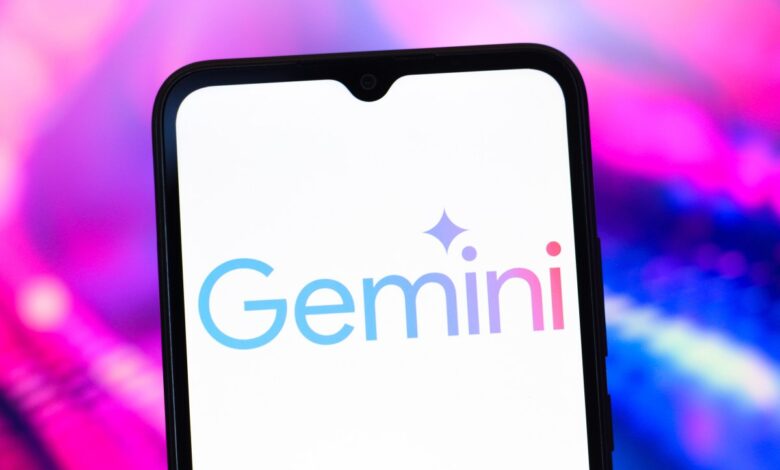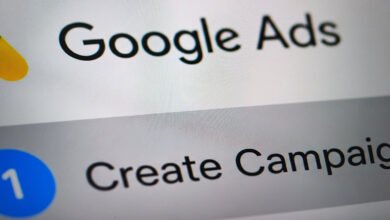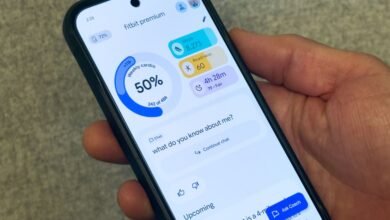Google to Allow Kids Under 13 to Use Gemini Chatbot

▼ Summary
– Google will allow kids under 13 with parent-managed accounts to use Gemini chatbot starting next week.
– Parents must use Google’s Family Link service to enable Gemini for their children.
– Google has added guardrails for younger users and won’t use their data to train AI models.
– Chatbot makers are competing to attract younger audiences despite potential risks and imperfections.
– UNESCO has urged governments to regulate generative AI in education, including age limits and privacy protections.
Google is expanding access to its Gemini chatbot to include children under 13 with parent-managed accounts, marking a significant shift in how younger users interact with AI technology. According to reports, this change will take effect next week, allowing kids whose parents use Google’s Family Link service to engage with the AI-powered tool under supervised conditions.
The company has emphasized that special safeguards will be in place for younger users, including restrictions on data usage. Google confirmed that conversations with Gemini will not be used to train its AI models, addressing potential privacy concerns. This move comes as tech giants compete to attract younger audiences in the rapidly evolving AI space, despite ongoing debates about the risks associated with chatbots.
Critics have raised alarms about the potential downsides of AI interactions for children, from misinformation to privacy vulnerabilities. Last year, UNESCO called for stricter regulations on generative AI in education, urging governments to implement age restrictions and stronger data protection measures. While Google’s rollout includes protective measures, the broader conversation about AI’s role in children’s digital experiences continues to evolve.
The decision highlights the delicate balance between innovation and responsibility as AI becomes more embedded in everyday life. Parents using Family Link will now have the option to enable Gemini for their children, but the long-term implications of this access remain a topic of discussion among educators and policymakers alike.
(Source: TechCrunch)





